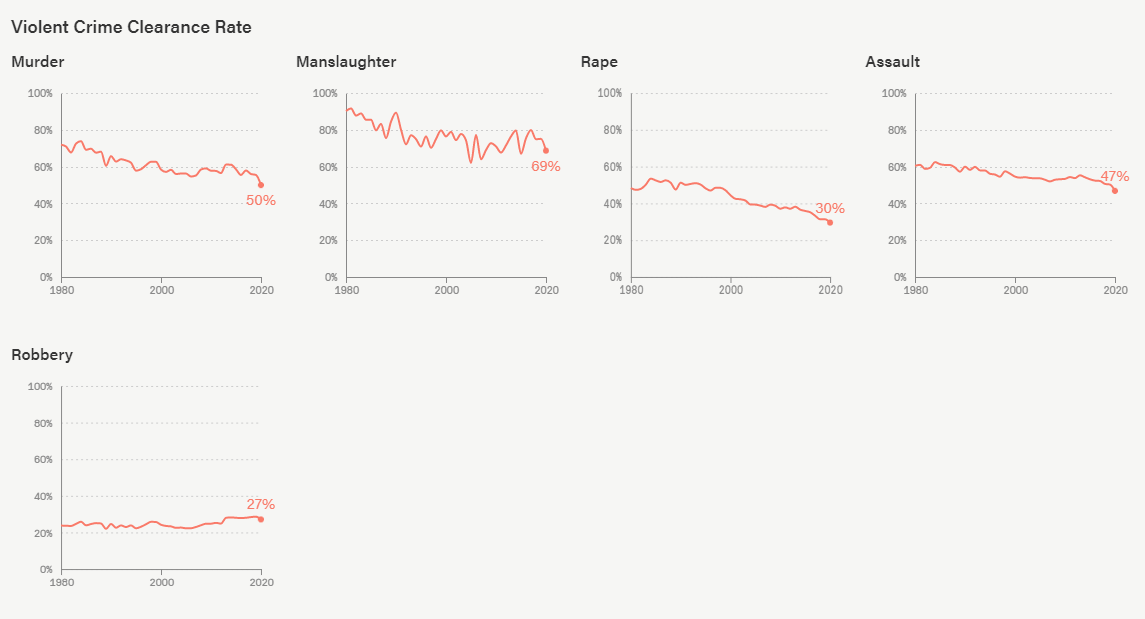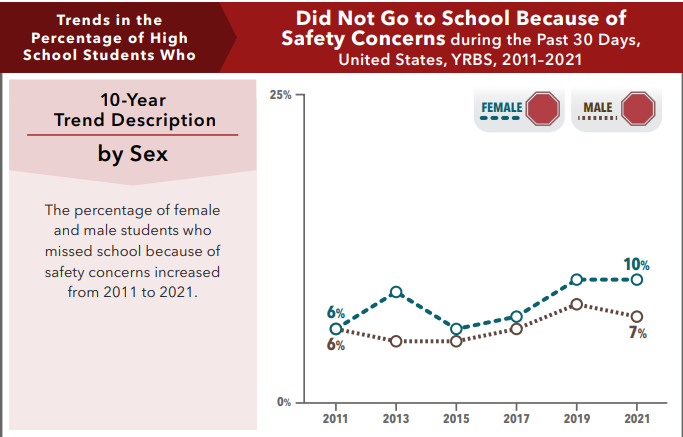Rizer summarizes the problem by telling me about one new officer’s experience in Baltimore.
“This was a great young man,” Rizer says. “He joined the Baltimore Police Department because he wanted to make a difference.”
Six months after this man graduated from the academy, Rizer checked in on him to see how he was doing. It wasn’t good.
“They’re animals. All of them,” Rizer recalls the young officer telling him. “The cops, the people I patrol, everybody. They’re just fucking animals.”
This man was, in Rizer’s mind, “the embodiment of what a good police officer should have been.” Some time after their conversation, he quit the force — pushed out by a system that takes people in and breaks them, on both sides of the law.
https://www.vox.com/policy-and-politics ... orge-floyd
After using the phrase "siege mentality" earlier today, I checked to see if that phrase has been applied to policing. It has.
The only thing I knew about it is that various professions have contact with inner city neighborhoods and they all share that same experience of being under siege. I was a landlord. Had a good friend who was a glass installer. Another who worked for Ameritech in the hood of Milwaukee, as he was a new employee assigned to the worst part of town and worked with a guy who was later shot and killed in his truck. We all had that experience and discussed it. I referred to some of it earlier:
Higgenbotham wrote: Thu Dec 08, 2022 12:09 pm
Speaking of what people refuse to talk about or don't want to believe, as mentioned recently, I was a landlord in a low income area during the 1980s and 1990s (Beloit, Wisconsin). When I moved 70 miles northeast from there to Milwaukee, Wisconsin, it was like an entirely different world. Right away, in my neighborhood, I met a guy from Green Bay who had just started working for the phone company and, because he was new, was assigned to the worst area of Milwaukee. When we would get home from work, he would tell me about things he had seen that day and I, in turn, would tell him about things I had seen that were similar. One evening, he confided in me that I was the only person he could talk to about this because nobody else, not even his girlfriend or his family, wanted to hear about it. He didn't say they didn't believe it, just that they didn't want to hear it.
Having those discussions prompted me to repeat some of them to a friend at work who, like most white people in America, came from a sheltered background. His response was that he didn't believe any of it. I thought he was joking. He wanted to hear more, but he would always conclude that he didn't believe it. Finally, I came to the conclusion that he really didn't believe what I was telling him and stopped talking about it. With the advent of the Internet, however, some of it could finally be verified. The story that could be verified most conclusively was about a girl I had met in one of the neighborhoods where I had owned a house. She was homeless and bounced from house to house. One of the places she stayed at was owned by a retired teacher across the street from one of my rentals. Her parents had named her Marijuana Pepsi Jackson during the hazy lazy 1960s protests and, contrary to what her name might suggest, she had made high honor roll every time I looked through the list in the paper. The reason I looked at things like that in the paper was so that when prospective tenants came to one of my rentals, I would know what to ask. For example, if someone with the last name of Jackson came by, I might ask if they have a daughter named Marijuana Pepsi, or, if applicable, whether they were the person who had gotten caught shoplifting from K-Mart. When I showed him what was on the Internet he said, well, yeah, that might be true but I still don't believe all that other stuff.
This is actually a pretty good article. It gets better toward the end. I quoted the end of it.
There were a few flaws in the article. One was the article said the death rate of police on the job is relatively low. In some zones, it will be quite high. Also, the article doesn't emphasize along with that statistic the tremendous effort and precautions required to keep the death rate down. As well as the violence that is required to do so.
The bottom line, though, is that there is no solution. The article makes that clear and that's why it's good. It makes the correct conclusion. It is just a part of the constellation of things pointing to the inevitability of a new dark age. Be wary of both former police and the criminals when they are no longer being corralled by the system. Don't show fear.
Higgenbotham wrote: Fri Jun 12, 2020 7:53 pm
John wrote: Fri Jun 12, 2020 3:00 pm
** 12-Jun-2020 World View: Derek Chauvin - the Hmong connection
But under the circumstances, I still think that Chauvin's
behavior was motivated by some connection to the KKK.
As mentioned, I owned some rental properties in the 80s and 90s in a low income area. In 1994, I met a guy who was a new employee with the phone company. Being a new employee, his assigned area was the worst slum in Milwaukee. In the evening, he and I discussed things we had seen in common in the respective slums. One night, he mentioned that he appreciated being able to describe what he'd seen and express it to somebody who understood because there wasn't anybody else he could talk to about it. I said you can't talk about it with others unless they have seen and experienced what we have. Not too long after that, a coworker of his was murdered:
MILWAUKEE (AP) — Members of this community expressed shock that a 13-year-old girl is being accused by police of killing a telephone repairman whom she and other suspects thought was an uncover police officer.
"It's frightening and it's chilling," said Milwaukee County Circuit Judge Stanley Miller. "My concern is that we're manufacturing as a culture and as a society young people who are ready to kill."
Ameritech employee Albert Thompson, 39, was found by a coworker in a service van in a Milwaukee alley with a gunshot wound to the head January 18, police said. He died at Froedtert Memorial Lutheran Hospital Jan. 23.
"Every law-abiding person in the city was shocked by Thompson's murder," said Milwaukee Mayor John O. Norquist. "And we are shocked by the age of the shooting suspect."
A 20-year-old male and a 19-year-old female also were taken into custody, but police believe the 13-year-old is the one who shot the Ameritech employee, police said in a news release Saturday.
The 20-year-old man supplied the handgun to the 13-year-old girl, police said. The trio was operating a drug house and had seen the Ameritech van on many occasions in the alley where Thompson was found, police said.
https://journaltimes.com/news/national/ ... 13f1a.html
One day, I took a female tenant over to the liquor store so she could cash her welfare check. We parked in the back. While she was in the liquor store, some thugs who were parked next to me began to taunt me saying, "If that honkey turns his head to the side, we'll blow it off." I didn't turn it to the side. Then they taunted me further, saying he knows better than to turn his head, etc. This is standard fare in those neighborhoods. Not to say that it happens every day or it's most of the people, but you can expect it to happen on any given day. If you get to be known in the area as I was, it helps, and most people will support you.
In my opinion, when years and years of operating in that kind of environment are combined with a psychopathic or extremely vindictive and aggressive personality, you get a Chauvin. Based on my experience, I doubt there was any white supremacy movement type of involvement. People like that should be screened out of the police force and removed at the first sign of being abusive. They have plenty of company on the other side. I doubt we'll ever know the full story.
I think you can prevent an extreme example like Chauvin but the overall culture of violence cannot be fixed.
While the periphery breaks down rather slowly at first, the capital cities of the hegemon should collapse suddenly and violently.

